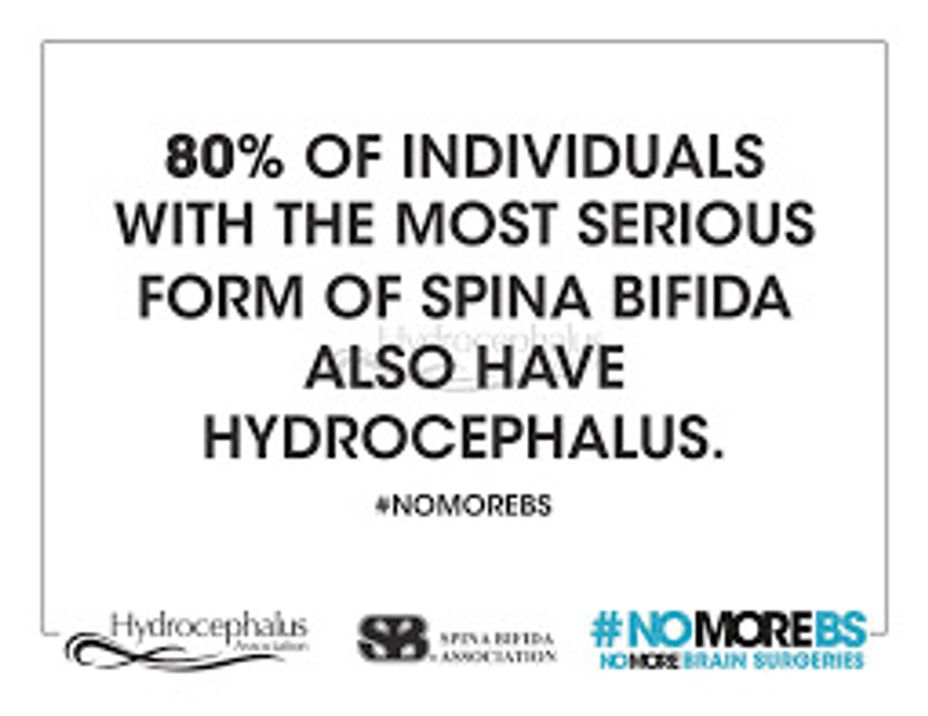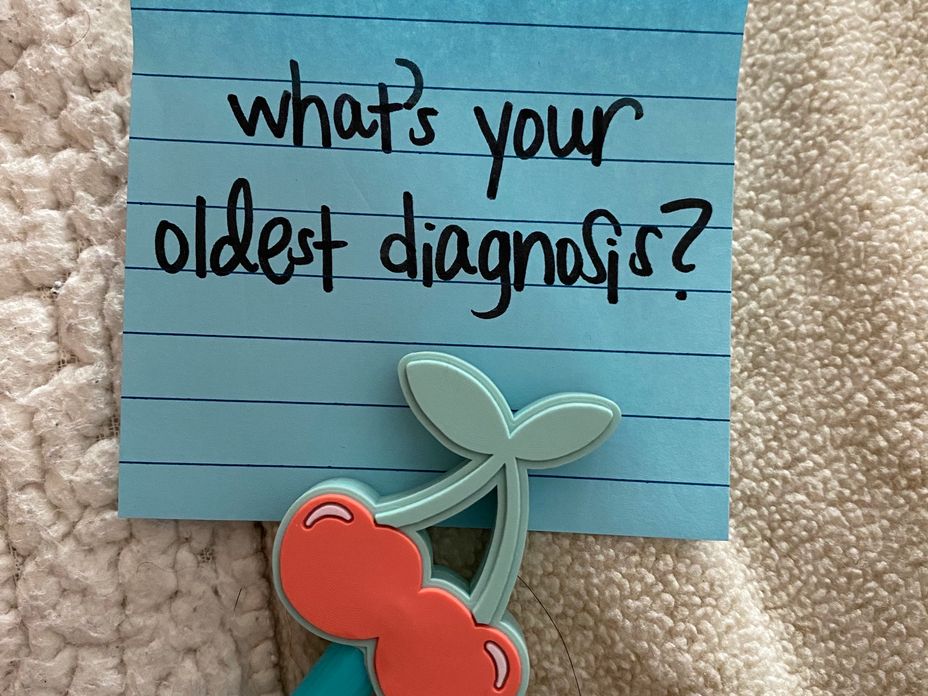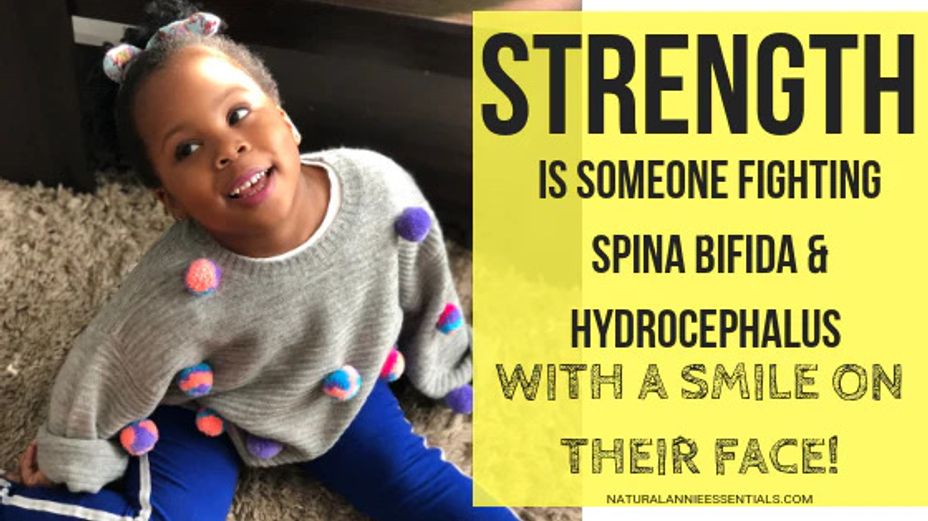I'm new here!
Hi, my name is DenimFerret82079. I'm looking for
#MightyTogether #Depression #AutismSpectrumDisorder #ADHD #MultipleSclerosis #Alpha1AntitrypsinDeficiency #SpinaBifida
Hi, my name is DenimFerret82079. I'm looking for
#MightyTogether #Depression #AutismSpectrumDisorder #ADHD #MultipleSclerosis #Alpha1AntitrypsinDeficiency #SpinaBifida
Hi, my name is Jesmine. I'm here because I have a son he is getting 6 February next month.He has myelomeningocele Spina bifida and like to know more what to do to help him enjoy more life
I am new to this. I was born with #SpinaBifida and I've been diagnosed with #Depression and #Anxiety as well. I'm hoping to connect with others for peer support and hope to help others along the way.
Hi, my name is WriteThought84. I'm here to find out more about the many facets of disability. I have a disability myself. I have spina bifida. I look forward to hearing from any one else on The Mighty.
#MightyTogether
Does anyone know how I could start writing a book or a blog about my life?

Picture description: “80% of individuals with the most serious form of Spina Bifida also have Hydrocephalus “
Hi, my name is Flopsie55. I'm here because my daughter just gave birth to a baby with spina bifida.

The majority of our Mighty community has been diagnosed with 3+ health conditions, and many of us have lived with those conditions for over five years. We’re curious what your oldest diagnosis was? If you’re comfortable sharing, how old were you at the time?
Here is a diagnosis roundup from Mighty staff: bilateral vestibular loss, spina bifida, OCD, ADHD, and thyroid cancer.
✏️ P.S. Answer with the first formal label you received vs. when you started experiencing symptoms (that’s a whole other post for another day!).
#MightyMinute #CheckInWithMe #MentalHealth #Anxiety #Depression #ChronicPain #ChronicIllness #Disability #RareDisease #Autism #ADHD #Cancer

Picture description: STRENGTH IS SOMEONE FIGHTING SPINA BIFIDA & HYDROCEPHALUS WITH A SMILE ON THEIR FACE! #SpinaBifida #Hydrocephalus #Youarestrong #strength